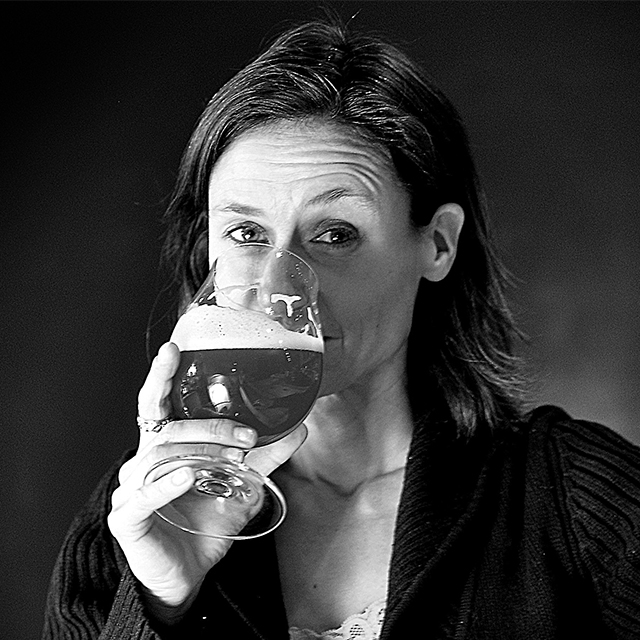I like to say that these are historic beer times! Craft beer is helping beer reclaim its rightful place at the dinner table. Beer from today’s craft brewers has literally changed America’s beerscape. And tonight, I hope to help a further that history. I am extremely excited to participate in what I think is the first-ever Wine Sommelier vs. Beer Cicerone dinner. As a Certified Cicerone™, I’ve been asked to pick and present the craft beers for a five course dinner, served to a sold-out crowd of 45 people. My fellow contender, Ed Daly, resident Sommelier at Elite Brands, is choosing the wines. In preparation to win, I’ve summarized my thoughts on what an amazingly powerful tool pairing really is.
What’s the point of pairing?
When a pairing is done properly, it not only creates a memory, but the impact takes us beyond mediocrity, and leads us to higher levels of gastronomic satisfaction—comfort, or dare I say—bliss? Translation: why not make every meal not only taste better, but actually feel more satisfying? It’s ok to indulge! The concept of informed appreciation, and becoming more aware of what you ingest, should take on a large role in your life. Careful, taking time to pair can be the start down the Slow Food path, which leads furiously away from the fast food way.
What is pairing?
A pairing intensifies existing flavors, or creates new ones, by complementing or contrasting the elements of what is being paired. To better understand pairing, let’s look at one without beer to start. Think about the flavor differences between plain brie cheese served straight from the fridge, compared to brie melted with maple syrup and pecans. The sweetness of the syrup and the saltiness of the pecans contrast (in a good way) to highlight the mellow, earthy, and creamy flavors of the brie. Now, let’s think about a few pairings that have become second nature; baked potatoes with butter, sour cream and chives, or bacon and eggs. Is an Oreo cookie as good without milk? No. Are fish and chips better with ESB? Yes! Is barbeque better with an American Brown Ale? Yes, I say, yes!
How do you approach pairing?
One of the best overviews of the simple tips and tricks shared with CraftBeer.com visitors is by Randy Mosher, author of Tasting Beer. For a few quick tips from Randy, check out Principals of Matching.
So, the next question is why has wine, an amazing beverage in its own right, become known as the beverage to be paired with food? Many restaurants literally build their footprint around the wine cellar, and invest heavily in professionals who are trained to know the beverage and pairings. Well, wine does an amazing job of contrasting against elements in food because of the natural acidity it possesses from the grapes. Acidity contrasts against salt and the richness of foods. This helps some flavors shine even brighter in ones mouth.
However, call me biased (and you’ll be right), craft beer picks up where wine leaves off. Not only does it accentuate food it is properly paired with, but it also complements and cuts. It’s this complementing, or hooking into different flavors, that creates the WOW factor when a home run pairing is served. Plus, beer has a cutting effect, which is a result of the carbonation scrubbing the tongue, lifting food and fat, preparing you for the next bite. Additionally, hops (the more prominent the better to many), break down the heaviness of many rich foods. They resonate and harmonize with different foods flavors, and their alpha acids balance the sweetness of many dishes.
Bottom Line: Pairing properly is believing!

Get the basics
- Print the Beer and Food pairing chart.
Don’t worry, I’ll let you know how the dinner went and what craft beers and wines were served no matter if I win or lose.
By the way what is your favorite craft beer and food pairing?
CraftBeer.com is fully dedicated to small and independent U.S. breweries. We are published by the Brewers Association, the not-for-profit trade group dedicated to promoting and protecting America’s small and independent craft brewers. Stories and opinions shared on CraftBeer.com do not imply endorsement by or positions taken by the Brewers Association or its members.

Share Post